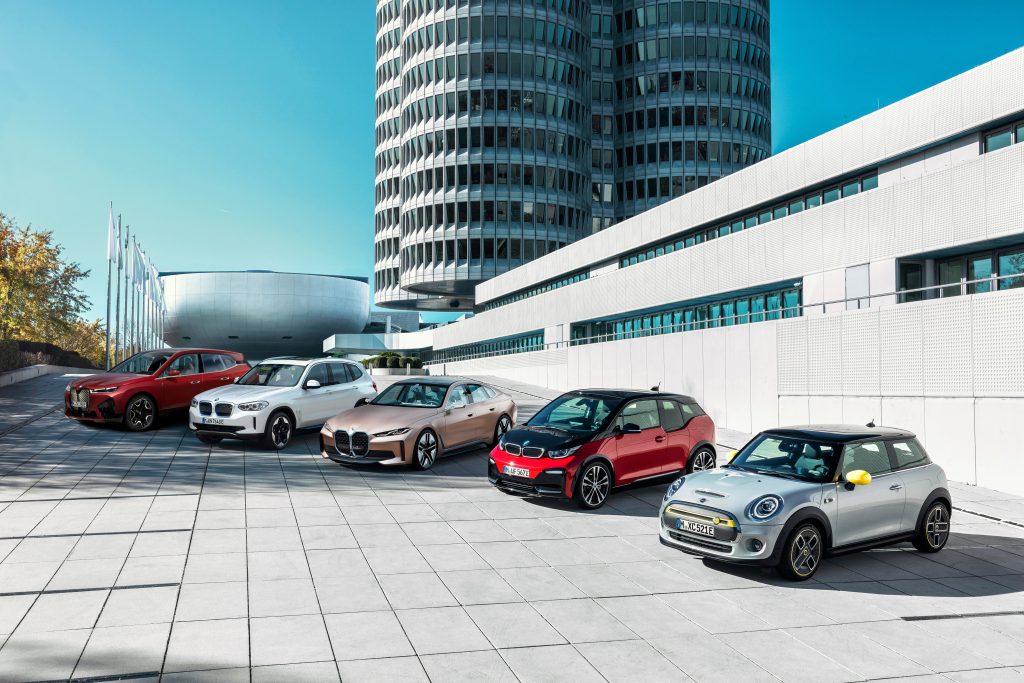BMW appears to be taking a different approach to its electric future as now it will start to build dedicated EV platforms.
Ten years ago, the German automaker came out with the i3 and i8, making it one of the first manufacturers to offer electric options on the market. However, BMW never expanded its initial plans with the models and decided the right way to go was to make electric powertrains an option on its regular range, rather than developing new models based on a bespoke electric platform.
However, the Munich-based company might be changing its ways according to BMW Boss Oliver Sipse.
“We will realign our vehicle architecture from the middle of the decade. Our new cluster architecture is geared towards electric drives,” he said. “Our new plant in Hungary plays a key role here. The new BEV-centred architecture will start there from the middle of this decade.”
We reported couple months ago that one of the main reasons why BMW never focused on a dedicated platform was to protect union jobs in Germany as EV assembly requires far fewer workers. But with the approval of the Works Council, which has seats in the BMW advisory board as representatives of the firm’s workers, the company might finally make the shift.
BMW is now planning an electric platform for its EVs, due to arrive by 2025, with a new dedicated department set up back in July to drive the project to fruition and production of the new platform and new electric models.
While we will have to wait for the new dedicated platform, on November 11, the all-electric BMW iNEXT, an SUV with advanced autonomous systems, was unveiled to the world.
